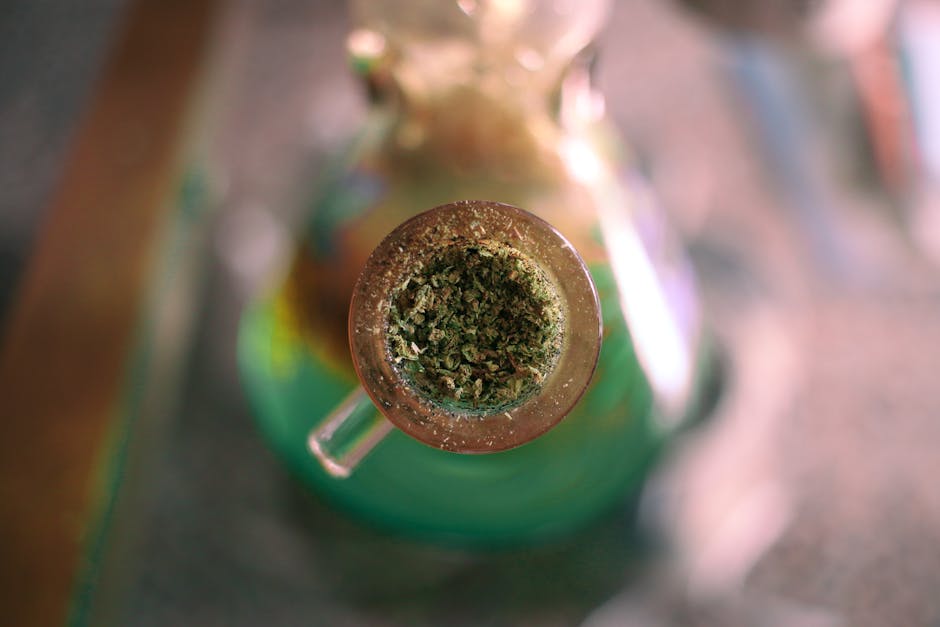Understanding the Term “Whippet Drug”
The term “whippet drug” is a slang term referring to the recreational inhalation of nitrous oxide, commonly known as laughing gas. It’s crucial to understand that this usage is entirely separate from the whippet breed of dog. The confusion arises from the shared name, but the context is vital to avoid misinterpretation. This article focuses exclusively on the dangers of inhaling nitrous oxide for recreational purposes, not the well-being of the dog breed.
The Allure and Dangers of Nitrous Oxide Inhalation
Nitrous oxide, in its pure form, is a colorless, non-flammable gas with a slightly sweet odor and taste. While it has legitimate medical uses as an anesthetic and analgesic, its recreational use poses significant health risks. The initial euphoria and disinhibition are the main draws for recreational users. The feeling of being lightheaded and giggly is often described as a brief escape from reality. However, this short-lived pleasure is severely outweighed by the potential for long-term and irreversible damage.
Short-Term Effects of Nitrous Oxide Inhalation:
- Euphoria and laughter: The most commonly reported effect.
- Dizziness and lightheadedness: Can lead to impaired coordination and balance.
- Hallucinations: In higher doses or with prolonged use.
- Nausea and vomiting: Common side effects, especially after excessive use.
- Headaches: Can range from mild to severe.
- Fainting: Due to oxygen deprivation.
Long-Term Effects of Nitrous Oxide Inhalation:
The long-term consequences of nitrous oxide abuse are far more serious and often irreversible. Chronic inhalation can lead to a range of debilitating conditions, including:
- Vitamin B12 deficiency: This can result in nerve damage, leading to numbness, tingling, weakness, and even paralysis.
- Peripheral neuropathy: A condition causing damage to the nerves in the hands and feet.
- Anemia: A decrease in the number of red blood cells.
- Cognitive impairment: Affecting memory, concentration, and decision-making abilities.
- Mental health issues: Including depression, anxiety, and psychosis.
- Bone marrow suppression: A reduction in the production of blood cells.
- Severe lung damage: From inhaling contaminated nitrous oxide or other substances mixed with it.
- Death: In extreme cases, due to oxygen deprivation or other complications.
The Dangers of Impure Nitrous Oxide
Recreational nitrous oxide is often obtained through illicit channels, meaning its purity cannot be guaranteed. Contaminants can include other gases, chemicals, or even harmful bacteria. Inhaling impure nitrous oxide dramatically increases the risks of serious health complications, including severe lung damage and infection.
The Social and Psychological Aspects of Whippet Drug Use
The social context of nitrous oxide use can further exacerbate the risks. Many users engage in this activity within social groups, potentially leading to peer pressure and increased consumption. The initial euphoria can mask the underlying psychological issues, leading to dependence and an inability to address the root causes of the addictive behavior.
Seeking Help for Nitrous Oxide Addiction
If you or someone you know is struggling with nitrous oxide addiction, it’s crucial to seek professional help. Addiction is a serious health issue that requires specialized treatment. Several resources are available to provide support and guidance:
- Substance abuse hotlines: Offer confidential and anonymous support.
- Rehabilitation centers: Provide comprehensive treatment programs tailored to individual needs.
- Therapists and counselors: Can help address underlying psychological issues contributing to addiction.
- Support groups: Offer a safe and supportive environment for individuals and families affected by addiction.
Legal Implications of Nitrous Oxide Possession and Use
The legal status of nitrous oxide varies across different jurisdictions. While it’s legal to purchase in some contexts (e.g., for culinary use or medical purposes), its recreational use is often restricted or prohibited. Possession and distribution for recreational use can lead to significant legal consequences, including fines and imprisonment.
Prevention and Education: The Key to Reducing Nitrous Oxide Abuse
Education and prevention efforts are essential in mitigating the harmful effects of nitrous oxide abuse. Raising public awareness about the risks and dangers of recreational use can help deter individuals from engaging in this potentially harmful behavior. Schools, communities, and healthcare professionals all have a crucial role to play in educating young people and adults about the dangers of nitrous oxide inhalation.
Conclusion: Understanding the Risks and Seeking Help
The recreational use of nitrous oxide, often referred to as “whippet drug,” carries significant short-term and long-term risks. The potential for serious health consequences, including irreversible nerve damage, cognitive impairment, and even death, should not be underestimated. If you or someone you know is struggling with nitrous oxide addiction, seeking professional help is crucial. Remember, recovery is possible with the right support and treatment.

